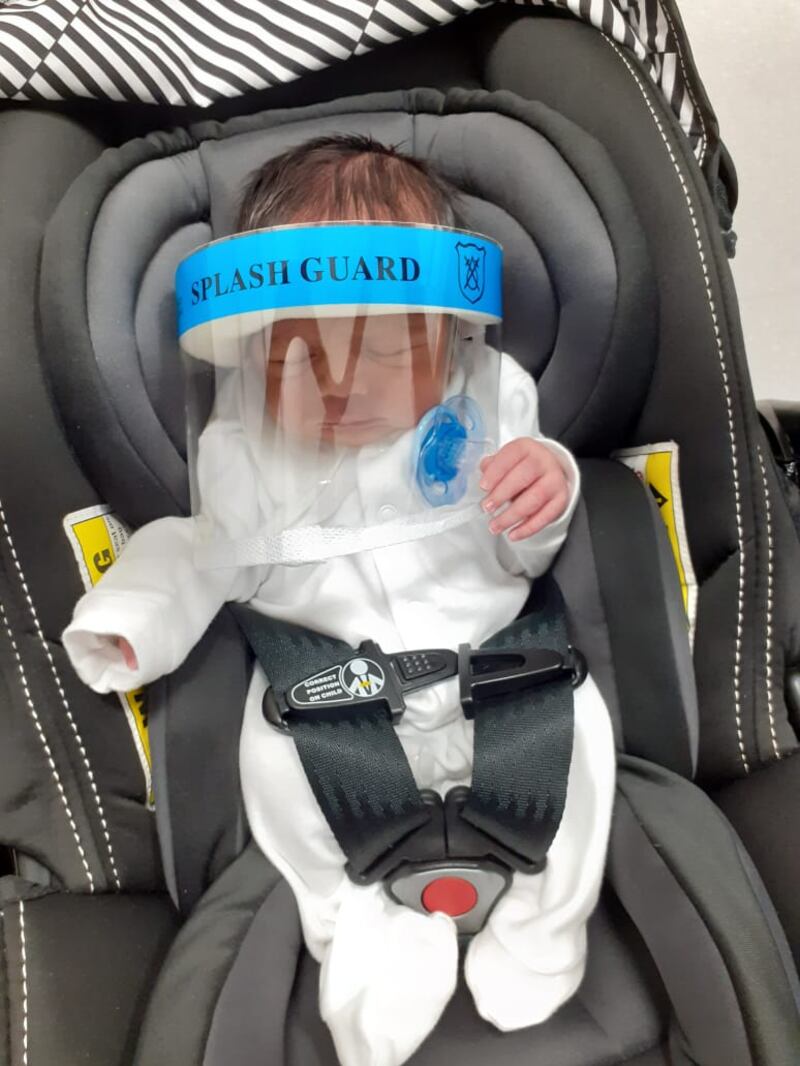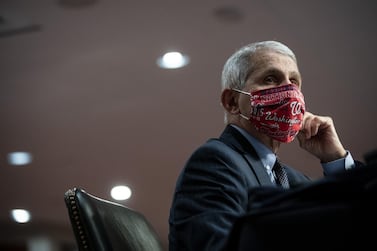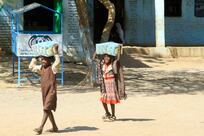Doctors in maternity wards have told of the efforts they are making to help keep pregnant Covid-19 mothers and newborn babies safe during the pandemic.
One Dubai hospital has had three Covid-19 positive patients who delivered babies.
Medics said all babies born at the hospital were free of the coronavirus and the mothers made a quick recovery after their deliveries.
Dr Amitabha Majumdar, a consultant obstetrician and gynaecologist at Dubai’s King’s College Hospital London, said they recently had a critical case of a coronavirus patient who delivered at 29 weeks into her pregnancy due to her ailing condition caused by the virus.
"The patient presented to us at about 28 weeks pregnant and progressively got worse," he told The National.
“She was oxygen dependent and had quite a severe illness so we decided to deliver her baby at 29 weeks.”
Dr Majumdar said the patient became “very unwell” during the delivery and both the mother and her premature baby had to be intubated.
She made a full recovery and tested negative for the virus after receiving proper care.
The mother and the infant have now been discharged from the hospital.
Babies of two other pregnant women who had contracted Covid-19 were delivered by Dr Majumdar.
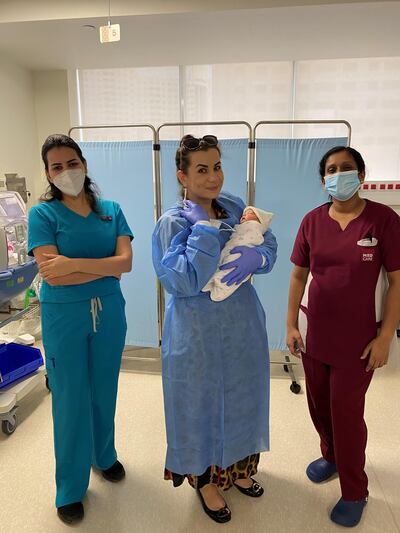
Both mothers were discharged after making a full recovery.
Dr Maria Theresa Reyes, the consultant neonatologist at the hospital, said they have not had any cases where the newborn babies tested positive for the virus.
She said there is “no evidence” that shows mothers can pass on the virus to their babies in the womb.
“The manifestation of the pandemic in babies is very different from the adults. The management is the same, but, whether or not we see prolonged ventilation (for premature babies) due to the pandemic is yet to be proven,” she said.
“In the particular case of the Covid-19 patient who delivered prematurely, we did many swabs just because the baby needed a longer time for improvement.”
However, newborn babies are not immune to the disease.
The UAE has reported a case where a mother and her newborn son contracted the virus a day after the delivery.
Raneen Abu Zaher, 28, and her newborn son, Jad, had contracted the virus on April 8.
Both were treated at an Abu Dhabi hospital and were later discharged.
The country has taken measures to protect expectant mothers, including free screenings for them at drive-thru facilities.
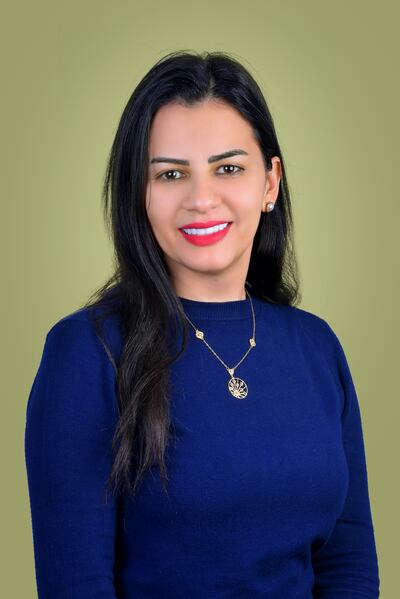
The Ministry of Health and Prevention announced this week that it had allocated 15 medical centres across the country for pregnant women to keep them away from Covid-19 exposure.
Doctors at Medcare Hospital in Sharjah have seen one case of a pregnant Covid-19 patient who delivered in their facility.
The mother tested negative after her delivery and both were sent home healthy.
Dr Ramallah Abdelaal, specialist neonatologist at the hospital, said they are also taking extra safety measures to keep premature babies safe from infection, whether or not they are born to a Covid-19 positive mother.
She shared a case study of a recent mother who delivered at 26 weeks into her pregnancy. The baby weighed just 870grams.
“It was really challenging this time because the immunity of these babies are extremely low, so there needs to be strict infection control measures and that is a challenge right now during the time of a pandemic,” said Dr Abdelaal.
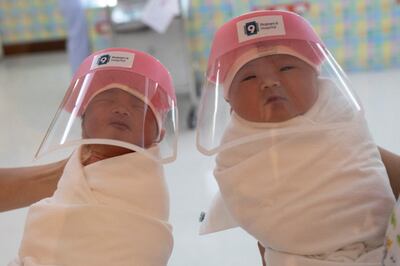
The baby stayed at the hospital for 58 days and was put in an isolation room to keep her safe from potential infections.
She received treatment in the neonatal intensive care unit after developing respiratory distress, neonatal sepsis and intraventricular haemorrhage.
After spending nearly two months at the hospital, she gained two kilograms and was discharged in full health.
“Our maternity ward is separated from the other departments and even the Covid-19 mothers stay in other departments,” said Dr Abdelaal.
“Our nursing staff continue to make tremendous efforts to save these babies, especially during the infection control. We wear the full personal protective equipment and we do a lot of inspections to make sure no one is positive.”
